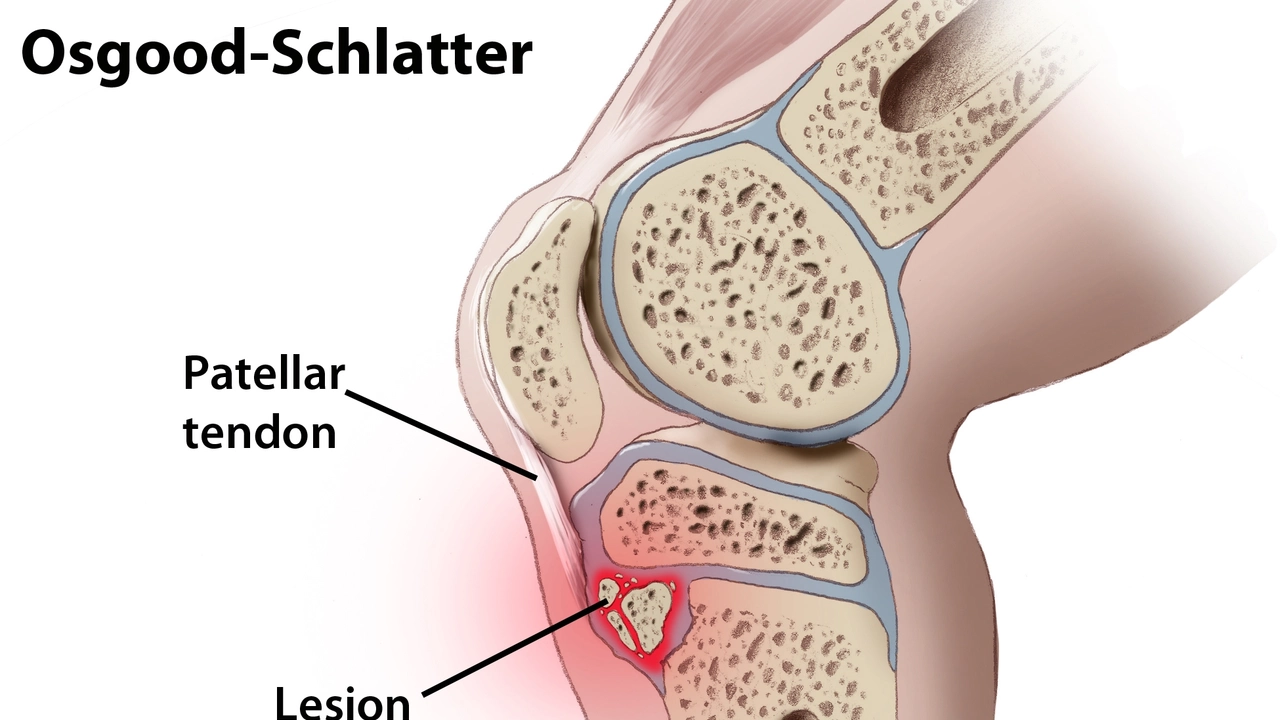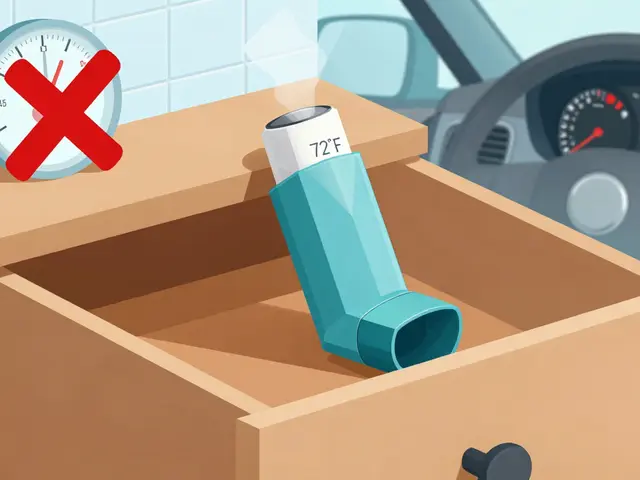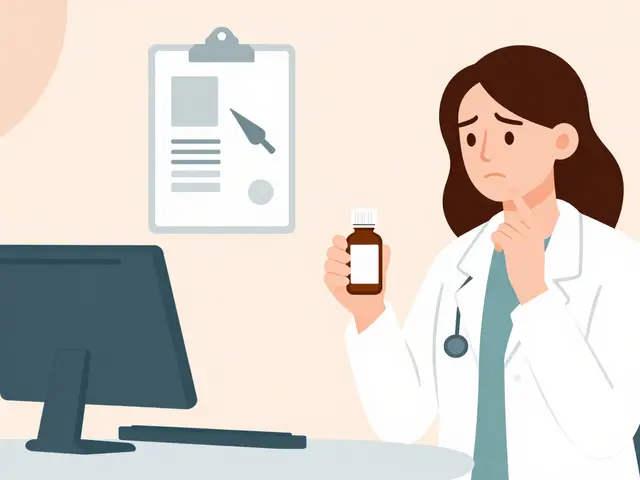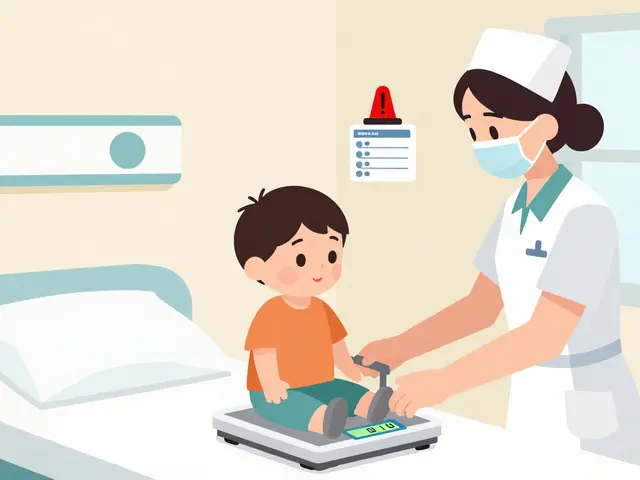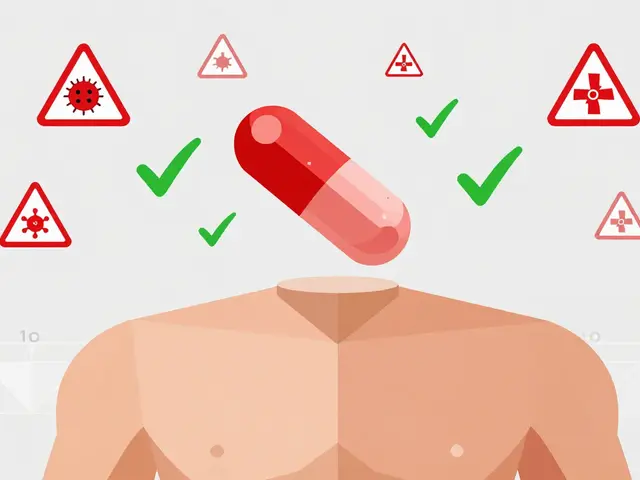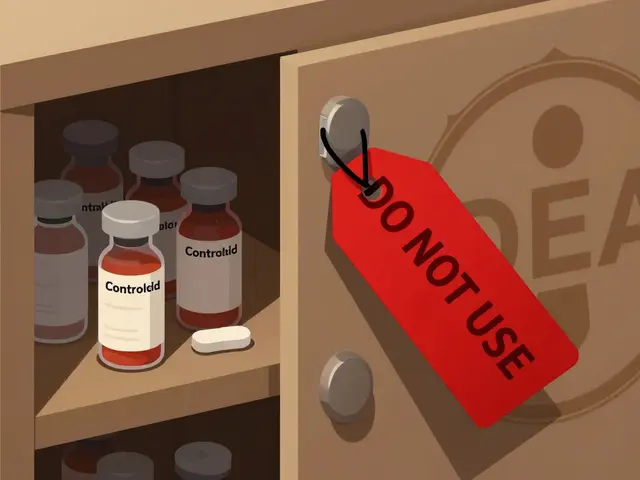Prevention: Simple Steps to Stay Healthy and Keep Your Meds Safe
Want to avoid getting sick or dealing with medication problems? Prevention isn’t complicated. Small habits and a few smart checks can cut your risk of infections, drug side effects, and costly mistakes. Below are practical, usable steps you can start today.
Prevent illness with everyday habits
Wash your hands often — especially before eating, after using public transport, and after touching shared surfaces. A 20-second scrub under warm water knocks down a lot of common bugs. Keep a small hand sanitizer for times when soap isn’t available.
Sleep and stress matter. Aim for regular sleep and short breaks during busy days. Poor sleep and ongoing stress weaken your immune system and make colds and other infections more likely.
Eat simple, nutrient-rich food. Vegetables, lean protein, and fermented foods like kefir add gut-friendly bacteria and support immunity. You don’t need exotic supplements — consistent, balanced meals help most people more than one-off pills.
Stay up to date on vaccines you’re eligible for. Flu shots, COVID boosters when recommended, and other routine vaccines reduce severe illness. If you’re not sure which vaccines you need, ask your primary care provider.
Prevent medication problems
Keep a current list of every medicine you take — prescriptions, OTC drugs, vitamins, and supplements. Share that list with every clinician or pharmacist you see. Many bad interactions come from simple overlaps that are easy to catch once someone looks.
Read labels and follow dosing instructions. Don’t double up doses if you miss one — check with a provider. For medications that require tapering, like gabapentin, follow a clear schedule; abrupt stops can cause withdrawal symptoms.
Buy meds from trusted sources. If you shop online, confirm the pharmacy is licensed, requires a valid prescription when needed, and shows contact info. Watch out for prices that seem too good to be true — they often are.
Ask about side effects and what to watch for. If a medication can affect mood, sleep, or balance (examples: efavirenz, some beta blockers), plan ahead and check in with your provider after starting the drug.
Dispose of unused medicines safely. Flushing or tossing pills can harm the environment. Use local take-back programs or follow pharmacy guidance — keeping old meds around raises risk for accidental use or misuse.
Prevention doesn’t mean perfection. It means small, consistent choices: better sleep, clean hands, a clear medicine list, and a trusted pharmacy. Those moves cut most risks and save time and worry later. Have questions about a specific medicine or interaction? Ask your pharmacist or doctor — they can give the exact steps you need.
In my recent studies, I've discovered how crucial early detection is in preventing osteodystrophy, a disorder that affects bone integrity. It usually accompanies chronic kidney diseases and can lead to severe complications if not identified and treated promptly. Regular bone density screenings and keeping a check on blood calcium levels are vital for early detection. Maintaining a balanced diet rich in vitamin D and calcium, along with prescribed medications, can help manage the condition. Remember, early detection is key to prevention and successful treatment.
Continue reading...

